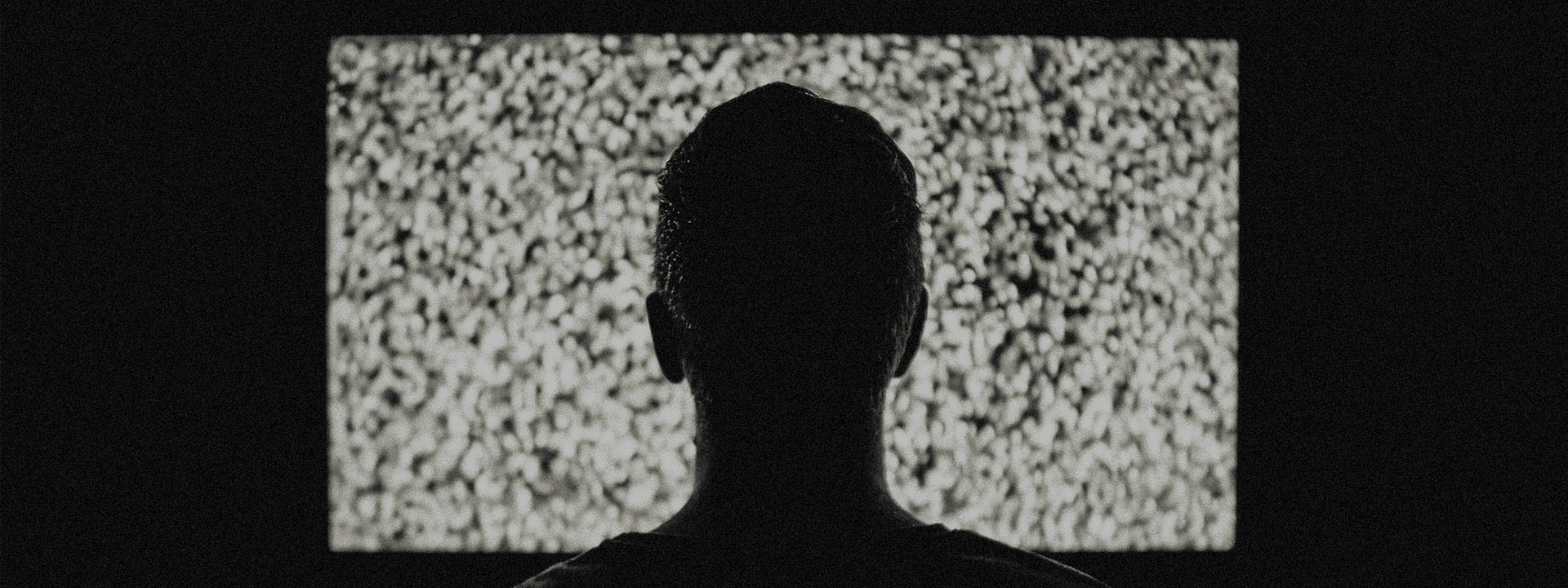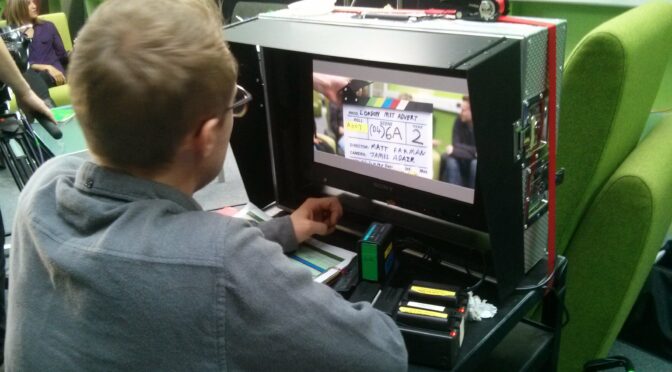Brand storytelling through video (yes, it works and this is why.)
Through my career as a television Producer / Director, I learnt the value of strong storytelling. Whether we were looking for Chicago gang members for a documentary about drugs or a local tomato grower in Norfolk for a cookery series – if they didn’t have a good story to tell, it didn’t matter how well we filmed it, the film would fall flat.
Storytelling is the most powerful tool for human learning and understanding. From our very first days as infants, we begin to make sense of our world through compelling narratives. There are characters, plot, themes, structure and consequences in everything we do and observe. Stories are more easily remembered than unrelated facts and incidents – they make strong connections in our brains and are more easily stored in our memories. They give our world context and meaning.
Stories have also formed the bedrock of human communication from the cave art of our ancestors to the great works of literature today. The act of constructing and listening to stories produces an emotional response which ultimately facilitates connections, empathy and trust (or indeed, the opposite) between people. The way we identify with different stories is the way we find our ‘tribes’.
In this way – stories are an extraordinarily powerful medium for brands to engage with and inspire loyalty in their specific ‘tribes’ of customers. Because of this, ‘storytelling’ has become a marketing buzzword in recent years – but what does this actually mean for your business?
For brands, it’s not really about fiction or fantasy as in the traditional storytelling sense. It is actually about revealing the essence of your business and adding depth and character to encourage people to identify with your brand and values. The story does not need to be wholly ‘true’ per se – after all, all marketing enhances and embellishes to make it more compelling, but it needs to feel real to your audience. It needs to show what you want your business to be about – its origins, goals, values, employees, customers and products. Brand storytelling means communicating these mini narratives authentically to your audience, in a unique and entertaining way that makes your story all about them rather than all about you. If you do this consistently and well, your tribe will find you, will build a community – and will remain fiercely loyal.
So why use video?
In a world dominated by digital technology and social media, video is proving to be the most effective medium for grabbing the attention and communicating emotion.
Research at Diode Digital showed that 60% of online viewers will watch a video before reading any text. Video advertising also has the highest CTR of all digital format advertising and consumers are much more likely to click on video than static banner ads (Sizmek). Social media platforms are increasingly being optimised for video content, and video is shared a huge 1200% more than links and text combined on Social Media. (Simply Measured). It’s also beneficial for brand recall. 80% of consumers can remember a brand video they’ve watched in the last month (Hubspot).
The stats say it all. We may occasionally yearn for the slower, quieter days of print and static marketing – but those days are long gone. If you want to compete in the dynamic brand storytelling game – get a video.
How video can be used for brand storytelling.
The great news is that video is a hugely versatile medium for brand storytelling across the board.
To create a ‘good’ brand story – you need an interesting plot, not a fairy-tale good versus evil scenario – but perhaps a problem versus a solution narrative. You need engaging characters in the form of your founders, employees and customers, and like all the best stories, you need to emote, entertain, include – and, above all, stand out.
Video can do all these things, effectively – and more importantly, quickly. A 30 second video can communicate the look and vibe of your company, your values, product information, emotion, messaging and call to action, all in one short, compelling package.
These are some of the different ways you can use video storytelling in your brand marketing (with some cracking examples of jobs well done).
‘About us’.
A well-made corporate video can communicate your brand heritage, purpose or mission. Have a look at this animated video for brand giant Lego, which explores its origins and history while remaining true to its playful brand identity.
Lego – A Corporate History
‘People like us’.
It’s important that your brand video accurately reflects your values so that your target customers will identify with you. This series of ‘Human Made Stories’, mini real-life documentaries from Volvo in collaboration with Sky, are inspiring, emotive, and establish Volvo as having a caring and motivational ethos.
Volvo – Human Made Stories
Product video/explainers.
How better to show off and explain your products than through engaging video? This Inside Out video (1 of a series) for Audi, by We Are Social, shows the assembling of an Audi A6 Avant, speeded up – effectively demonstrating the quality of the product, as well as the ‘behind the scenes’ expertise that goes into its construction.
Audi – Inside Out – We Are Social
Video is not only brilliant for showcasing your products – but also for explaining how to use them. By employing great storytelling and audio-visual appeal, video can turn what could be a somewhat dry exercise into entertainment. This is a sweet animated example from Method CRM.
Method CRM – What is CRM Explainer
Behind the scenes and employee stories.
One way of adding depth and character to your brand is to reveal some of the behind the scenes ‘magic’. It’s intriguing for your audience to find out what and who goes into making your product or service and makes the viewer feel a little special – as if they’ve been let in on a special secret. It’s a brilliant tool for fostering a tribal identity – your fans are ‘in the know’.
GQ – Behind the Scenes of a Photo Shoot.
Customer stories and brand experiences.
A brand is nothing without its customers and some of the best brand stories can come from customers themselves. GoPro uses its community of customers and enthusiasts (and its product!) to brilliant advantage in showcasing daring and inspirational travel or sporting moments. Have a look at this epic example – free-diving with Tiger Sharks.
GoPro – Freediving with Tiger Sharks
A storytelling video can also show what experience you can expect to have with a brand or product. Our video ‘Josh’s Story’ for Eton School engagingly demonstrates what life is like for a pupil. It is full, vibrant – and uplifting. A dry old print prospectus could never convey the same emotion.
Small Films – Josh’s Journey for Eton College
Case-studies and testimonials.
Finally – one of the most effective video story formats, especially in B2B marketing, is the case-study. Of course, case–studies are ubiquitous in print. We all engage with, and trust, real-life testimonials, from real people. This effect is magnified in video when you can interview previous customers, and not only hear what they have to say, but see their body language and gauge their authenticity. A video case-study seems more compelling and reliable in this respect. Hubspot films case-studies of many of its success stories – here’s one about their work with client business Mimio.
HubSpot – Mimio Case-Study
And remember, all stories should have a narrative arc with a beginning, a middle and an end. Think about any book you’ve read or film you’ve watched. Its never one dimensional – there are peaks and troughs as the story romps along. You may not be creating a Hollywood blockbuster, but all your video stories should follow the same principle. Draw your viewers in with an interesting opening few seconds, set out the introduction to your video, create a sense of pace and style through the music and shot choices and develop the message you are trying to communicate as the video goes on. And finally make sure you finish in the right way with either a conclusion or punctuation in a style that signals the end of the video.
So there we have it. It you want to get ahead, tell a story. And if you want to tell a story well, use video. For more information on how we can help you with brand storytelling, contact info@smallfilms.com
Small Films are video content specialists. By combining strategic minds with creative flair we create powerful stories with video that deeply resonate with audiences, supporting our clients to achieve their ambitions in growing their organisation, brand or campaign.




